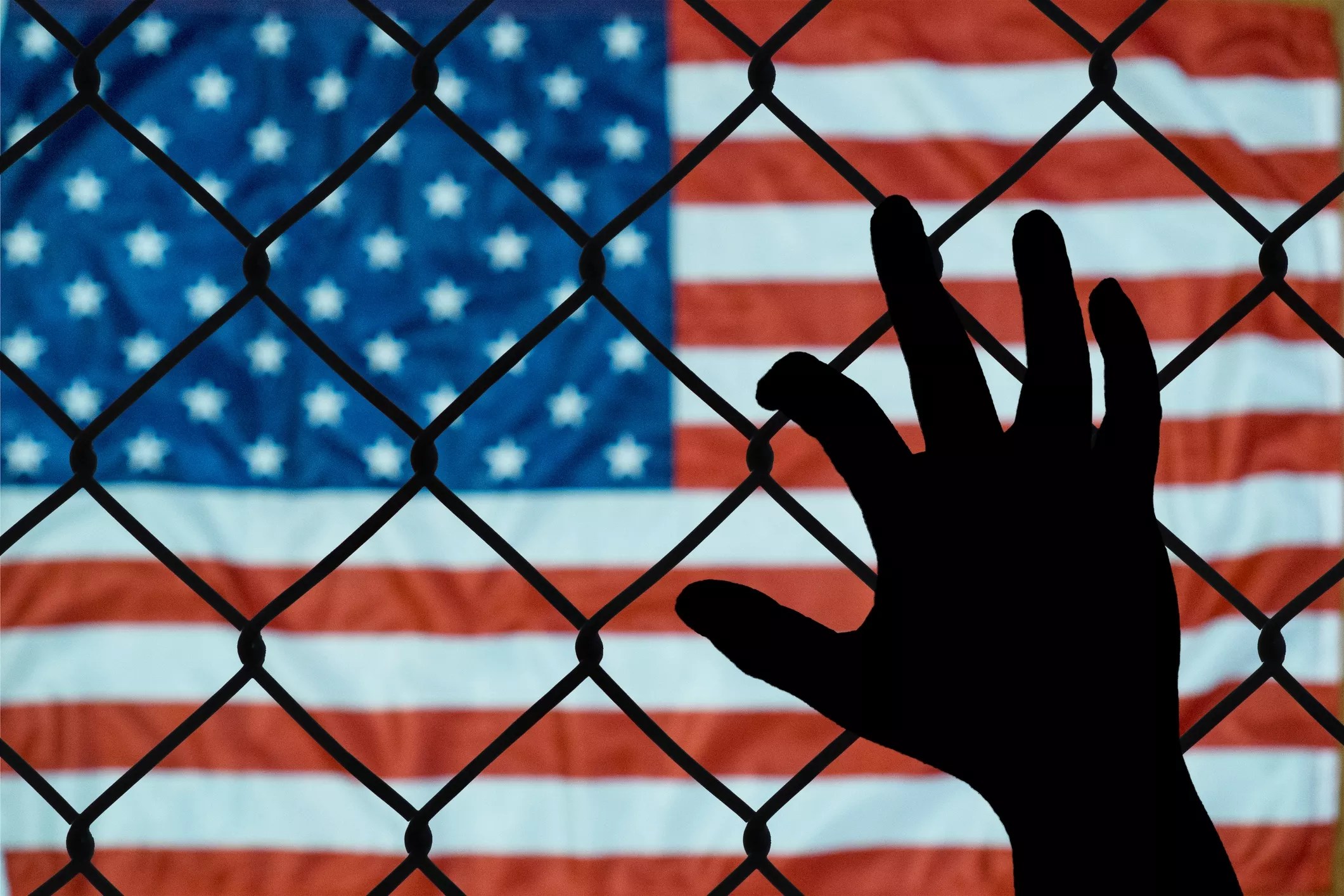
Brad Greeff/iStock

Audio By Carbonatix
This Sunday, yet another new immigration policy will go into effect: immigrants coming into the country will be required to show proof of health insurance or the ability to secure health insurance or pay for medical costs within 30 days of entering the U.S.
While the new rule, issued by executive order from the office of the president on Oct. 4, makes exception for a couple of visa types and children under 18 years old, it has the potential to put a big dent in legal immigration.
Although the order argues that paying for health services for uninsured immigrants puts an undue burden on American taxpayers, advocates have been quick to argue that the real financial burden comes from people residing in the United States. Speaking to NPR earlier this month, the Center for Public Policy Priorities’ Anne Dunkelberg pointed out that 75% of uninsured people in the country are American citizens.
That is especially relevant in Texas, which has some of the highest rates of uninsured people in the country. In 2018, there were 5 million uninsured Texans, according to U.S. census data.
The Migration Policy Institute estimates that the new rule could block up to two-thirds of all legal immigration applications. That amounts to 375,000 applicants per year, the institute says.
“It’s a bit difficult to understand how they intend to implement it,” said Phillip Escoriaza, a Washington-based immigration lawyer.
That’s because the rule is somewhat vague, and since the administration has not offered a lot of information about how it will be enforced, it will likely be applied unevenly. For instance, the executive order states that immigrants seeking to enter the country must show the ability to pay for “reasonably foreseeable medical costs.”
Individual immigration officers at border checkpoints will have to make the call on who has met the requirement. It’s hard to imagine that will be a fair process that treats everyone equally, Escoriaza said.
“What’s reasonable to me may not be reasonable to you,” he said. “Where do you draw the line?”
On Wednesday, the State Department published a statement saying that border officials will verbally ask immigrant visa applicants about their health insurance.
This rule, like others, targets a certain kind of immigrant, said Jamie Olsen, a policy analyst for Feeding Texas.
“In all of these rules, you see that essentially the effect is curtailing immigration pathways for immigrants that are low income,” she said.
It’s hard to see how this rule will be enforced, Escoriaza said. Instead, he sees it more as an attempt to curry favor.
“I think this more plays to a political base … putting a focus on immigration as a way to catch or keep favor with the voters who put this administration in office.” — Phillip Escoriaza
“I think this more plays to a political base … putting a focus on immigration as a way to catch or keep favor with the voters who put this administration in office,” he said.
What’s more worrisome is the proposed public charge rule changes, he said. Historically, the public charge rule has denied permanent U.S. residency to immigrants who are completely unable to support themselves and would need to rely solely on government support.
But a set of new rules proposed by the federal government would widen the definition of who could be deemed a public charge to include immigrants who use social services like Medicare and food stamps. Shortly before the rule was scheduled to go into effect, judges in New York, California and Washington issued injunctions blocking it from taking effect.
If it ever were implemented, that rule would have a punishing effect on immigrants in the country and would also subsume this new healthcare rule, since the ability to provide for oneself is already a standard part of the visa application process, Escoriaza said.
“It’s a misguided approach,” he said of the new rules.